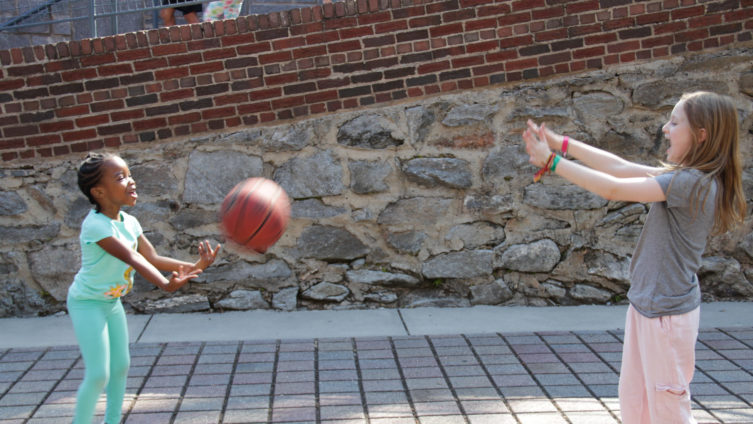
By TCS Counselor Natalie Grubbs
Over the past two months, I have been amazed, once again, by the resilience of our children. Despite being unable to physically come to school, have play dates, or visit friends and special relatives, children have found and described to me moments of happiness, gratitude, and excitement. They’ve shared their at-home creations and told me about virtual birthday parties and playdates. As news of COVID-19 swirls around us, our children have shown courage, creativity, and flexibility in their responses.
Amidst these moments, however, some children and families have also experienced stress, anxiety, and grief. Over the past couple of weeks, children are aware that the last day of school is approaching, which for some children brings sadness. Some children are grappling with cancellations of their summer plans or summer vacations. Along with these feelings, teachers, students, and staff members are still processing the loss of our beloved Middle Grades teacher, Suzanne.
We as parents are working hard to manage our own emotions and responses in these times of uncertainty, while monitoring and responding to the emotional wellbeing of our children. It’s important to understand that children experience and express emotions differently than adults, and understand the signs that might indicate that a child is feeling disconnected or experiencing grief.
Children who are stressed or worried may show their feelings in a variety of ways, including:
- Meltdowns or crying more than usual
- Irritability
- “Clingy” behavior
- Nightmares
- Loss of appetite
- Loss of interest in usual activities
Dr. Anita Grover, who specializes in childhood anxiety and grief, adds the following warning signs that a child may need support with what they’re feeling:
- Physical restlessness
- Social withdrawal
- Difficulty concentrating
- Academic difficulties
- Anger
- Reduced self-image
- Decreased energy, fatigue, or tiredness
Many children show these signs from time to time, but if parents recognize these signs over a period of time, Dr. Grover recommends that parents keep an open dialogue with their children, use honest, simple language with children, and be mindful of not telling children how to feel (i.e. “I know you are sad.”) She suggests being patient, allowing children to express their feelings, and adding extra doses of patience. Click here for the Building Character and Community (BCC) grief resource page which includes Dr. Grover’s presentation on childhood grief.
Two important ways parents can respond to children who are experiencing worry or grief are 1) helping children practice and modeling coping skills, and 2) prioritize parent self-care. At the beginning of our closure, I taught TCS students how to create Coping Kits. Click here for instructions on how to put together coping kits to use to practice coping skills at home, and here for an excellent resource on coping skills from Children’s Healthcare of Atlanta. You can find my “recipe” for parent self-care here.
If your child shows signs of worry or grief over a period of time, and to the point where there is a disruption in day-to-day tasks and activities, it may be important to connect your child to a mental health professional who can help them process and learn to cope with their feelings. You can reach out to me at natalieg@tcsatl.org to talk through what your child is experiencing and receive recommendations or referrals, if necessary.
Connect with us on Facebook, Instagram, or Twitter to experience “hard fun” at TCS!









